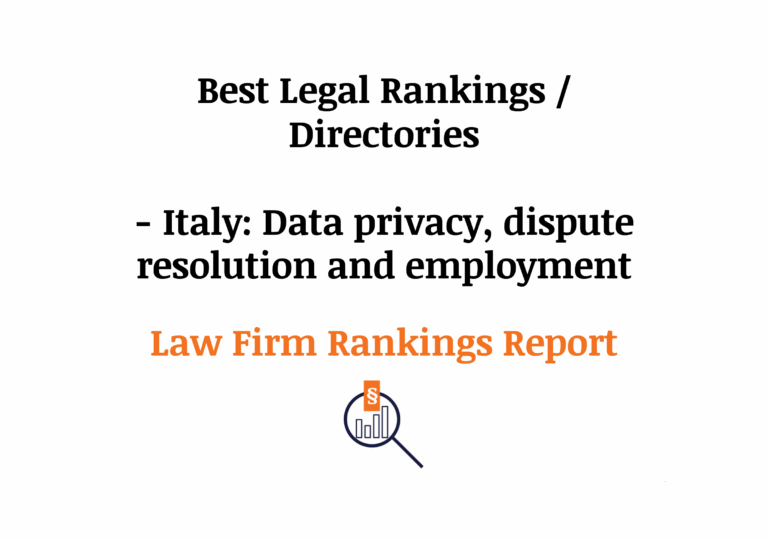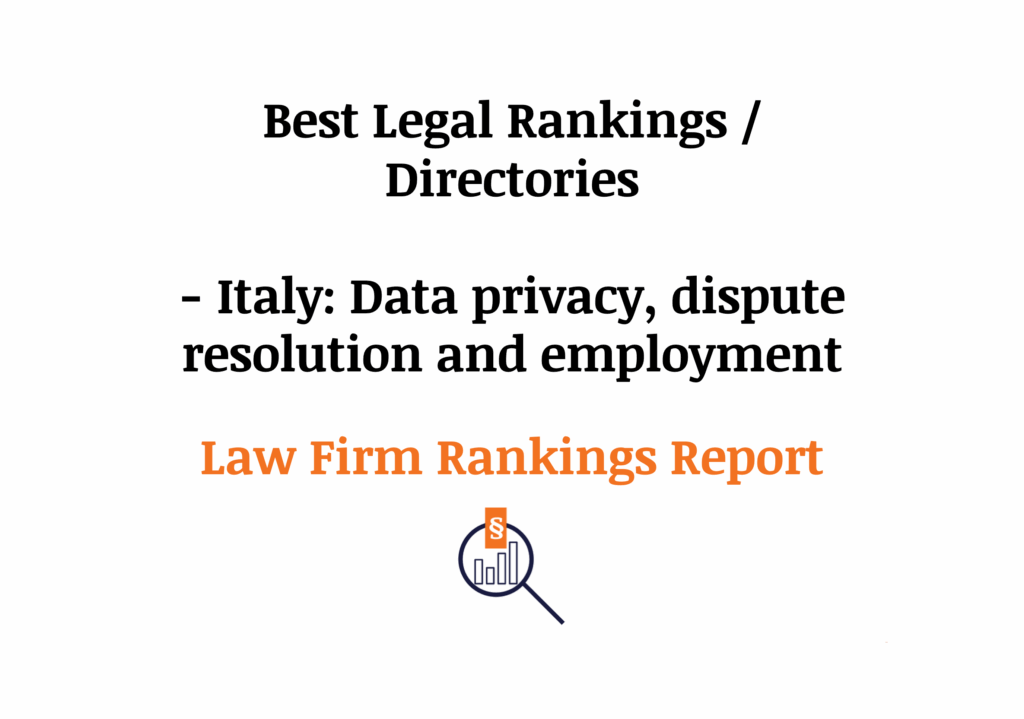Buckles Paul Branch (Head of property litigation) and Abbie Boon (Senior solicitor) wrote an analysis on what responsibilities does an executor have?

Executor is a person you entrust to administer your estate and carry out your wishes in the case of your death, whom you must name in your Will.
But what exactly are an executor’s responsibilities? How do you select the best candidate? And what if they are unwilling or unable to fulfill their legal obligations? Here is what you should know:
Appointing a successor
The executor is responsible for winding up your affairs and handling your estate after you’ve passed away. This is a complex and challenging profession that bears a great deal of responsibility.
This is a decision that should be carefully studied and properly addressed with the potential candidates, as not everyone will be comfortable with or have the time to serve as executor.
Executors have a legal obligation to work in the best interests of the estate, rather than their own, therefore they must be trustworthy and able to handle your affairs appropriately.
Negotiation training for lawyers and jurists
We help lawyers to improve their negotiations skills inside and outside of a courtroom.
Inhouse counsel are supported by improving their negotiation skills when dealing with sellers, works council etc.
It may be a friend, relative, or professional (such as a solicitor). You may name up to four executors, each of whom may also be included as a beneficiary in your Will. At least in England and Wales, however, executors must be at least 18 years old and have the mental competence to carry out their duties.
In the event that your designated executor is unable to carry out their duties due to illness, mental incapacity, or even death (and there is no suitable replacement), another beneficiary will be asked to step in. This may not be a person with whom you feel comfortable entrusting your affairs, thus it is always wise to choose many executors and to revise your Will if the circumstances of your representatives change.
A further element to examine is if the Will contains an ongoing trust and whether the Executor will also serve as Trustee. Typically, an estate should be administered within a year, although once this process is complete, not all of the estate may be handed to beneficiaries. For example, if a husband leaves his estate in trust for his wife for life at his first death, the trust could last for many years. Similarly, if a beneficiary is too young to accept their inheritance, the Trustees must invest the assets. Depending on family circumstances, a specialist may recommend leaving the entire estate to a discretionary trust. In this instance, it would be up to the Trustees to determine the distribution of the estate in accordance with a Letter of Wishes. In each of these situations, it is essential that the Trustee is capable and willing to fulfill the responsibilities.
What are an executor’s responsibilities?
Depending on the complexity of the case and whether or not probate is required, the executor’s responsibilities can take between nine and twelve months to complete.
Basic responsibilities will include registering the decedent’s death, arranging and paying for the funeral, notifying any pertinent businesses, organizations, or asset holders of the decedent’s passing, and maintaining any associated property until its eventual distribution or sale. Contacting the Department of Work and Pensions, the local council, utility companies, and HMRC may be necessary. Other complicated endeavors could include:

A Grant of Probate is an official court document that, in the simplest terms, establishes an executor’s legal authority to administer an estate. If you wish to become Administrator of an intestate estate (one in which there is no Will), you must apply for a Grant of Letters of Administration, which serves the same function. This may not be required for smaller properties, but it is essential to confirm beforehand.
An application for probate must be submitted to the Probate Registry either online or by mail. It may also be necessary to file an IHT205 tax return with the Probate Registry (for deaths occurring prior to 1st January 2022) or an IHT400 for more complex and/or tax-exempt estates. Regarding the necessity of filing a tax return, you should seek legal counsel.
All relevant information regarding an individual’s estate must be compiled, including information about any properties, bank accounts, assets, credit cards, or loans.
If any of this information is overlooked at this stage, difficulties are more likely to arise in the future.
In order to assess whether or not Inheritance Tax will be payable, it will be necessary to ascertain the total value of the estate.
Due to the amount of factors that must be examined, such as whether tax-exempt gifts are involved and whether unused nil rate bands must be passed, calculating Inheritance Tax is a complex operation that is often performed by a professional.
After determining whether any Inheritance Tax is owed, the necessary paperwork must be filled out and sent to HMRC. Evidence of payment of any applicable Inheritance Tax will be requested when applying for a Grant of Probate. Additionally, the executor is ultimately responsible for filing Income Tax returns on behalf of the estate during the administration term.
Paying debts and expenditures: If the deceased had any outstanding obligations or payments due (including funeral and testamentary expenses), the executor is responsible for settling these sums out of the estate’s revenues prior to distributing the estate to others. If the Executor is uninformed of debts and the obligations are not addressed prior to the distribution of the estate, the Executor is liable for the debt. Regarding advertising for creditors, legal counsel should be sought for personal protection.
Distribution of the estate: The estate will be divided in accordance with the terms of the Will (or the rules of intestacy where applicable). Executors will be responsible for identifying and distributing any missing or unclaimed assets. Before distributing, the Executors must also evaluate the possibility of a claim against the estate. In the meanwhile, if any assets are to be held in trust in accordance with the terms of the Will, the Executor must transfer the assets to the Trustees (usually these are the same people).
You will be held accountable as executor if your acts (or inactions) result in a loss to the estate. As such, it is recommended to use an experienced attorney to assist with the procedure. This would not only alleviate the burden but also provide piece of mind, as you could rest assured that all proceedings are carried out in accordance with the law and the deceased’s desires.
While you cannot be reimbursed for the time you spend on the matter, the revenues of the estate should cover the time a lawyer spends assisting you in your capacity as executor. The telephone bills, postal fees, and travel expenditures incurred while performing the aforementioned responsibilities should also be deducted from the estate.
Failure to perform estate administration responsibilities
If the executors or administrators of an estate fail to carry out their legal responsibilities with reasonable diligence and in a timely manner, or if questions are made about their conduct, any beneficiary or interested person may petition the court for their removal. The Court will appoint new executors or administrators if the application is approved.
Typically, a court order of this sort will require the exiting executors or administrators to transfer all pertinent documents and monies to their successors in order to conclude the procedure. In the recent case of Frejek v. Frejek [2020], however, the former executors did not comply with such an instruction.
In April 2009, Brenda Frejek passed away, leaving behind two sons and a daughter. The deceased mother’s estate was allocated to the defendant, Stephen Frejek. Concerned about the exceedingly delayed administration of the estate, Stephen’s brother Andrew petitioned the court to remove Stephen as executor. In addition, per the terms of the order, Andrew sought to replace his brother as executor in June 2017, and his request was approved.
The order directed Stephen to transfer all pertinent documents and monies to Andrew in accordance with the normal procedure described previously. Stephen was also asked to provide an affidavit detailing the estate’s finances and a list of its assets. In December 2018, a court granted Andrew’s request for a mandatory order requiring Stephen’s compliance after he failed to meet any of these conditions.
Due to the mandatory character of the order, it included a notice of contempt that required Stephen to comply within 28 days or be held in contempt of court and face the possibility of criminal punishment, such as a fine and/or imprisonment.
Again, Stephen refused to comply with the court order within the allotted time frame, prompting Andrew to file a committal petition, which the court heard in May 2020. Stephen had still not complied with the court order and had not participated in the court proceedings at any stage.
The judge correctly found Stephen in contempt of court for failing to comply with the required order and issued an arrest warrant for Stephen prior to sentencing. The outcome of the sentencing session has not yet been made public, but given Stephen’s continual unwillingness to comply with the court’s orders, he will certainly receive a prison sentence or a heavy fine.
Frejek v. Frejek [2020], despite being an extreme example, highlights the need of executors and administrators fulfilling their legal tasks in full. If you require assistance with your obligations or have issues with executors or administrators, please contact us.
Link to the law firm’s website for further information
Picture (c): buckles-law.co.uk












